SUMMARY
This is AI generated summarization, which may have errors. For context, always refer to the full article.
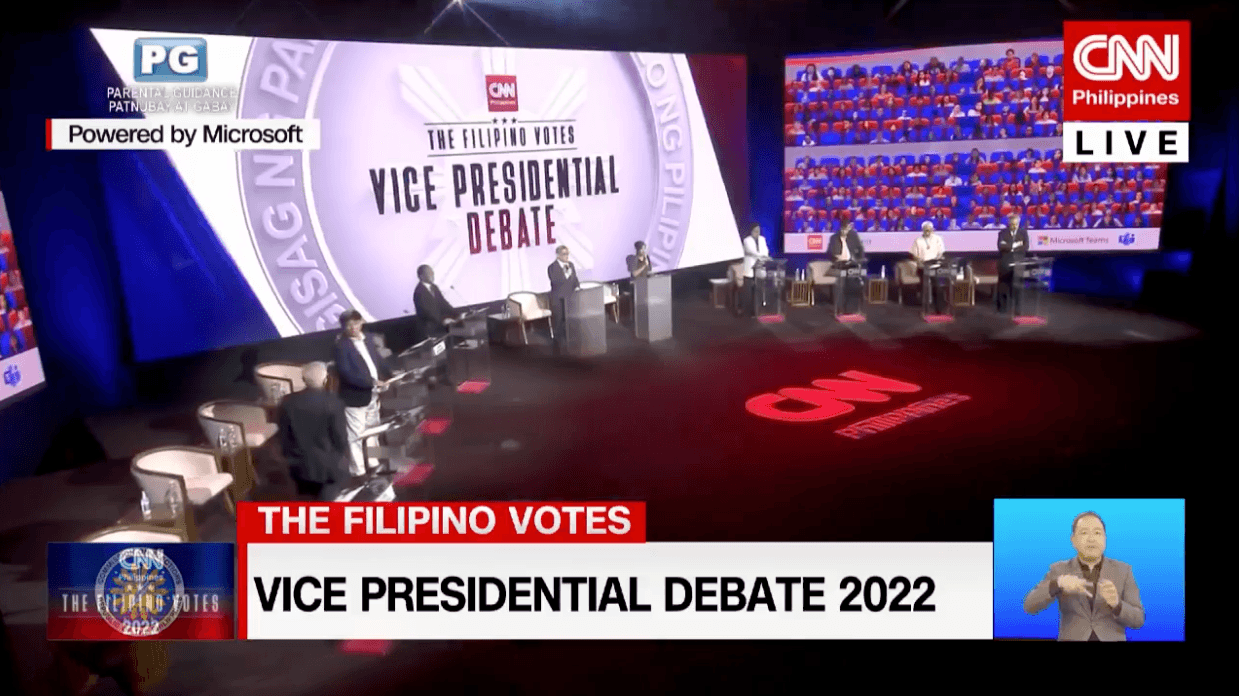
MANILA, Philippines – Vice presidential candidates on Saturday, February 26, said that price controls are needed as Russia’s invasion of Ukraine is seen to further exacerbate already high fuel prices.
At the CNN Philippines vice presidential debate, Rizalito David said he has been asking President Rodrigo Duterte to call for a special session to suspend excise taxes. David also said that the value-added tax on pump prices should be reduced.
Oil prices are set to increase for the ninth straight week, Unioil Petroleum Philippines announced on Saturday. The hike forecast for diesel is between P0.80 to P0.90 per liter while gasoline prices are expected to go up between P0.90 to P1 per liter. In 2021, prices also shot up because of the tight global supply.
If elected, David said that his administration would buy back Petron Corporation, which is currently managed by San Miguel Corporation (SMC), to become the Philippines’ “barometer” when it comes to fuel pricing. Partido Lakas ng Masa’s Walden Bello agreed.
“Pinabayaan natin kasi na i-benta ‘yung isang pinakamalaking asset natin noong panahon ni Ramos, ‘yung Petron.… Wala kasi tayong control dahil wala tayong sariling oil company,” said David.
(We allowed the sale of one of our biggest assets during the Ramos administration, which is Petron. We don’t have control on the prices because we don’t have a state fuel company.)
At a time when the oil company was in the red, SMC president Ramon Ang had said that the conglomerate was open to selling Petron back to the government. Since the economy reopened and because of rising fuel costs, Petron has sustained its growth momentum that effectively reversed its losses in 2020.
Aside from this, Bello said that the Ramos-era oil deregulation law should be repealed.
“When there is an emergency, there has to be price controls,” Bello said.
Even Energy Secretary Alfonso Cusi said that the oil deregulation law, which was supposed to make pricing competitive, has only allowed oil companies to be opaque about their pricing schemes.
Meanwhile, doctor Willie Ong reiterated the position he shared with his presidential candidate, Manila Mayor Isko Moreno – that fuel taxes, as well as electricity taxes, should be reduced by 50%.
An economist, however, mentioned that Moreno’s proposal might not be sustainable if done in the long term, as government revenues – which are sorely needed during the pandemic – might be affected.
Among candidates, Ong was the only one who mentioned a push for a wider adoption of renewable energy to better protect consumers from price shocks. However, it appeared that Ong was also suggesting a joint oil and gas exploration with China in the West Philippine Sea.
“Kaya kung pwede siguro munang hindi mag-giyera, kausapin nating maigi ‘yung China. Sabihin natin, ‘Atin ‘to.’ Kung merong 60-40 deal, tingnan natin,” he said.
(If it’s possible that we do not enter into a war, let us talk to China. Let’s say, ‘This is ours.’ If there is a 60-40 deal, let’s see.)
Subsidies
Of the vice presidential candidates, Senate President Vicente Sotto III provided a less than stellar answer to the question.
Sotto devoted most of his time talking about his tandem’s “silver bullet” to similar problems – “BRAVE” or Budget Reform Advocacy for Village Empowerment. BRAVE seeks to empower local governments in a way similar to bottom-up budgeting.
Sotto was essentially saying that subsidies to public transport drivers and operators could be included in the annual budget under this setup. Providing subsidies, however, does not address the root of the problem.
VP bet Manny Lopez, who seemed to be talking about Sotto’s proposed subsidies, said that instead of spending, the government should implement belt-tightening measures.
Lopez was unable to answer what the government needs to do to arrest rising oil prices but instead zeroed in on what he said are necessary measures to uplift the economy – streamlining the bankruptcy law and providing low-interest loans for micro, small, and medium enterprises.
The Philippines depends on the international market for its oil supply. While the government does not directly source fuel from Russia, a major industry player, global prices are seen to shoot up if Moscow stops exporting oil, leading to further tightening of the world’s oil supply.
Because of this, experts believe that the Philippines may suffer from a higher inflation rate that would erode Filipinos’ purchasing power. Higher fuel costs have a direct impact on the prices of goods, services, and utilities.
– Rappler.com
Add a comment
How does this make you feel?
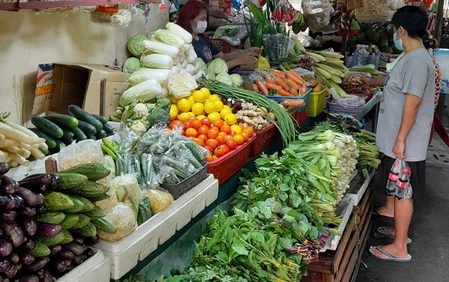








![[New School] Tama na kayo](https://www.rappler.com/tachyon/2024/02/new-school-tama-na-kayo-feb-6-2024.jpg?resize=257%2C257&crop=290px%2C0px%2C720px%2C720px)
![[Only IN Hollywood] After a thousand cuts, and so it begins for Ramona Diaz and Maria Ressa](https://www.rappler.com/tachyon/2024/02/Leni-18.jpg?resize=257%2C257&crop=262px%2C0px%2C720px%2C720px)
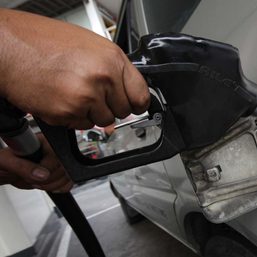
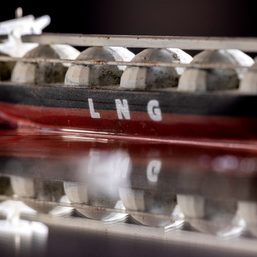
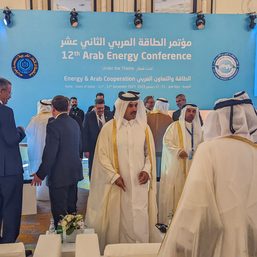
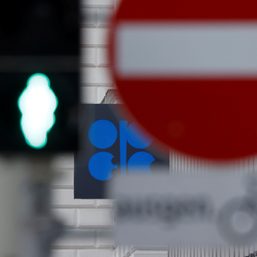
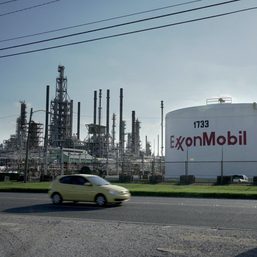
There are no comments yet. Add your comment to start the conversation.